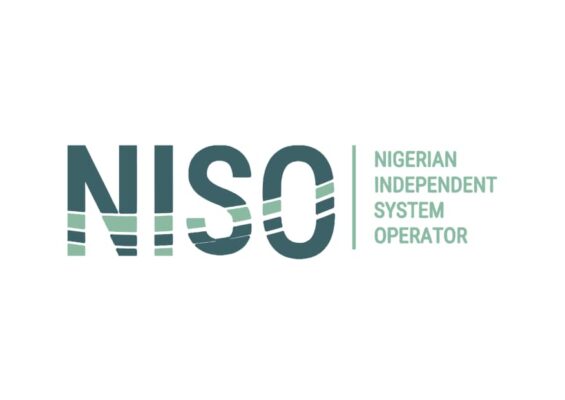
The Nigerian Independent System Operator (NISO) has urged stakeholders in the Nigerian Electricity Supply Industry (NESI) to use embedded generations and off-grids to reduce transmission losses.
An embedded generation is an electricity generation plant that bypasses transmission network to supply the consumer while mini-grid is a generation plant that is in maximum of 1,000MW and mostly produced from renewable energy.
The Mainstream Energy Solutions, Engr. Lamu Audu made the call at the 5th Edition of the Annual Conference of the Power Correspondents Association of Nigeria (PCAN) in Abuja.
He said since the 2023 Electricity Act empowers states to establish sub-national adopt embedded and decentralized energy solutions.
Lamu, who is also a board member of the NISO, was represented by NISO Managing Director, Abdul Mohammed.
The theme was “Cost -Reflective Versus Energy Poverty: Finding A Pricing Balance in Nigeria’s Power Sector.”
He said the tariff design is not merely a mathematical exercise; it is the heartbeat of the power sector.
Lamu said it determines whether utilities can recover their costs, whether investors can see credible returns, and whether consumers can afford to remain connected.
He explained that at its core, the tariff question is about finding the equilibrium between commercial sustainability and social fairness between ensuring that the operators remain viable and ensuring that no Nigerian is pushed further into energy poverty.
He added that the “structure of the Nigerian Electricity Supply Industry reflects this delicate balance. It is a value chain where every segment generation, transmission, and distribution depends on the other for survival.
PCAN chairman, Mr. Obas Esiedesa said over the years, the conference has evolved into one of Nigeria’s most credible platforms for sectoral dialogue, a space where journalists, policymakers, regulators, operators, investors, and civil society come together to discuss the issues shaping our power industry.
On the theme, he said it captures one of the most critical policy dilemmas confronting Nigeria today: how to set tariffs that ensure the financial sustainability of the industry without deepening energy poverty among citizens.
He said the industry is still weighed down by an estimated ₦6 trillion debt owed by the Federal Government to power generation companies, a massive liquidity gap across the value chain, gas supply shortages, aging and weak transmission infrastructure, and rising foreign exchange costs that threaten investments and operations.

